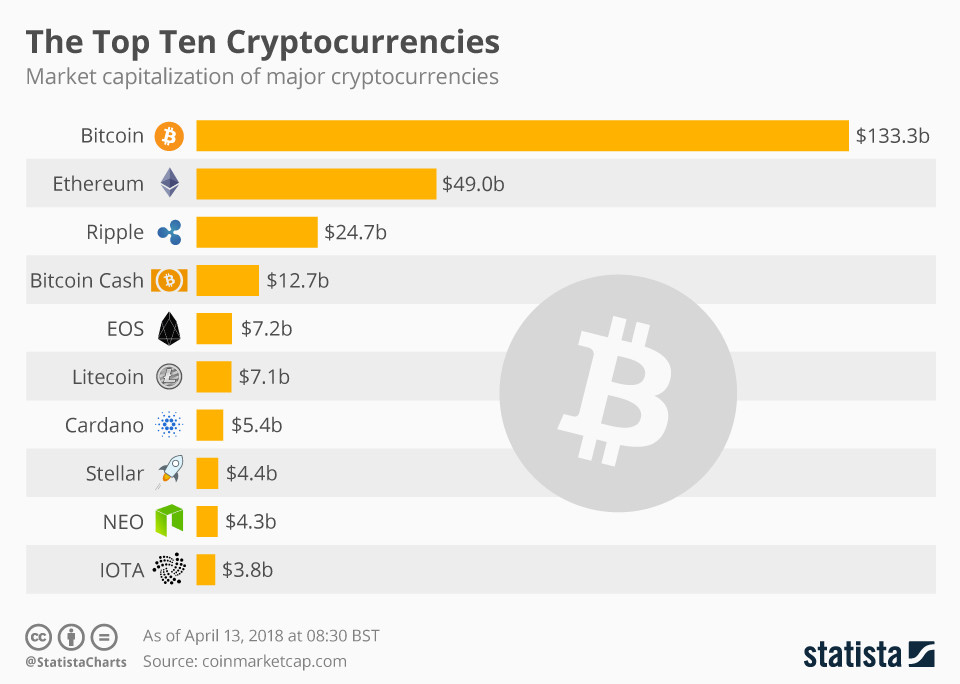Reinventing money is not a new phenomenon. Are cryptocurrencies really special?
wef·@devrajsinghrawat·
0.000 HBDReinventing money is not a new phenomenon. Are cryptocurrencies really special?
 [Source](https://www.statista.com/chart/13520/the-top-ten-cryptocurrencies/) The cryptocurrency revolution, which started with bitcoin in 2009, claims to be inventing new kinds of money. There are now nearly 2,000 cryptocurrencies, and millions of people worldwide are excited by them. What accounts for this enthusiasm, which so far remains undampened by warnings that the revolution is a sham? One must bear in mind that attempts to reinvent money have a long history. As the sociologist Viviana Zelizer points out in her book The Social Meaning of Money: “Despite the commonsense idea that ‘a dollar is a dollar is a dollar,’ everywhere we look people are constantly creating different kinds of money.” Many of these innovations generate real excitement, at least for a while. As the medium of exchange throughout the world, money, in its various embodiments, is rich in mystique. We tend to measure people’s value by it. It sums things up like nothing else. And yet it may consist of nothing more than pieces of paper that just go round and round in circles of spending. So its value depends on belief and trust in those pieces of paper. One might call it faith. Establishing a new kind of money may be seen as a community’s avowal of faith in an idea, and an effort to inspire its realization. In his book Euro Tragedy: A Drama in Nine Acts, the economist Ashoka Mody argues that the true public justification for creating the European currency in 1992 was a kind of “groupthink,” a faith “embedded in people’s psyches” that “the mere existence of a single currency…would create the impetus for countries to come together in closer political embrace.” New ideas for money seem to go with the territory of revolution, accompanied by a compelling, easily understood narrative. In 1827, Josiah Warner opened the “Cincinnati Time Store” that sold merchandise in units of hours of work, relying on “labor notes,” which resembled paper money. The new money was seen as a testament to the importance of working people, until he closed the store in 1830. Two years later, Robert Owen, sometimes described as the father of socialism, attempted to establish in London the National Equitable Labour Exchange, relying on labor notes, or “time money,” as currency. Here, too, using time instead of gold or silver as a standard of value enforced the notion of the primacy of labor. But, like Warner’s time store, Owen’s experiment failed. [Read more : ](https://www.weforum.org/agenda/2018/05/the-old-allure-of-new-money)
👍 cheetah, naveenkolli,